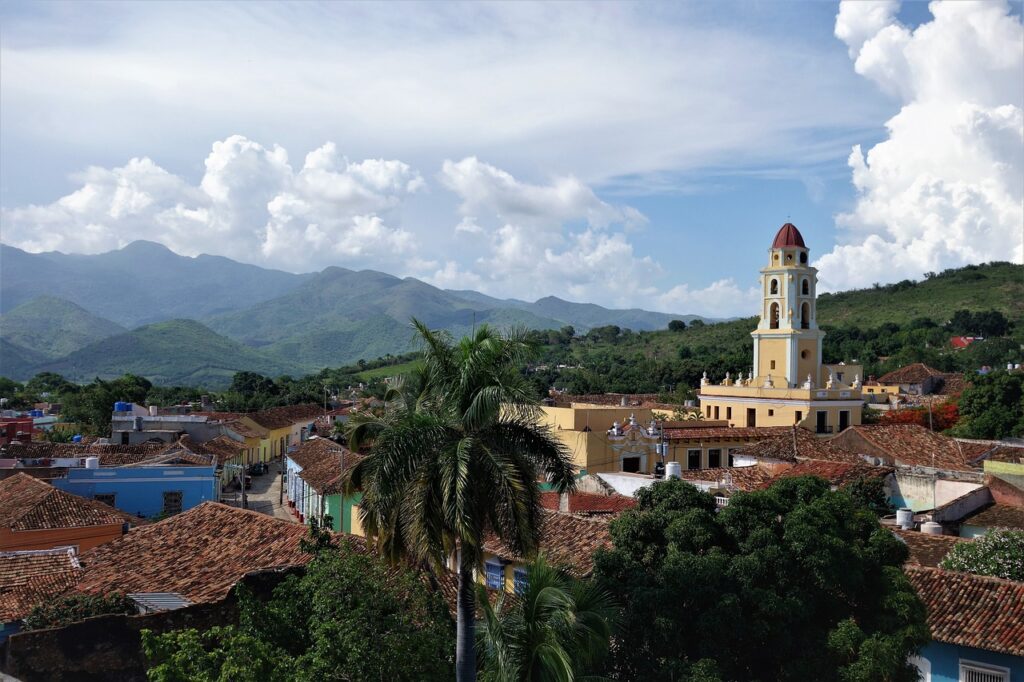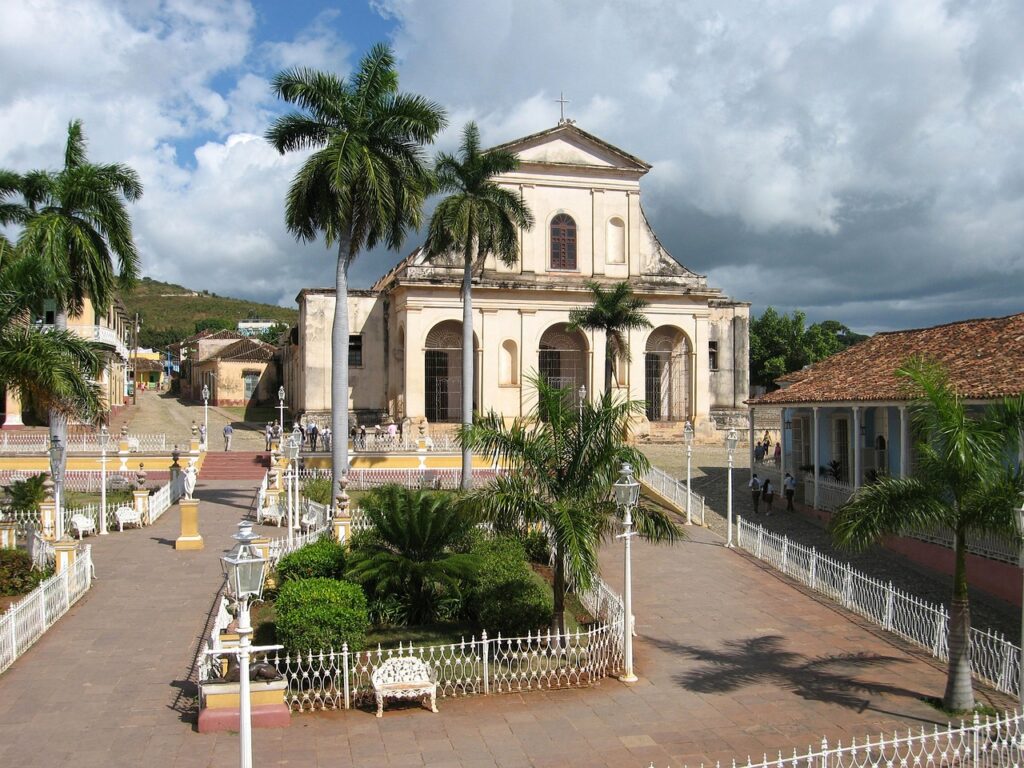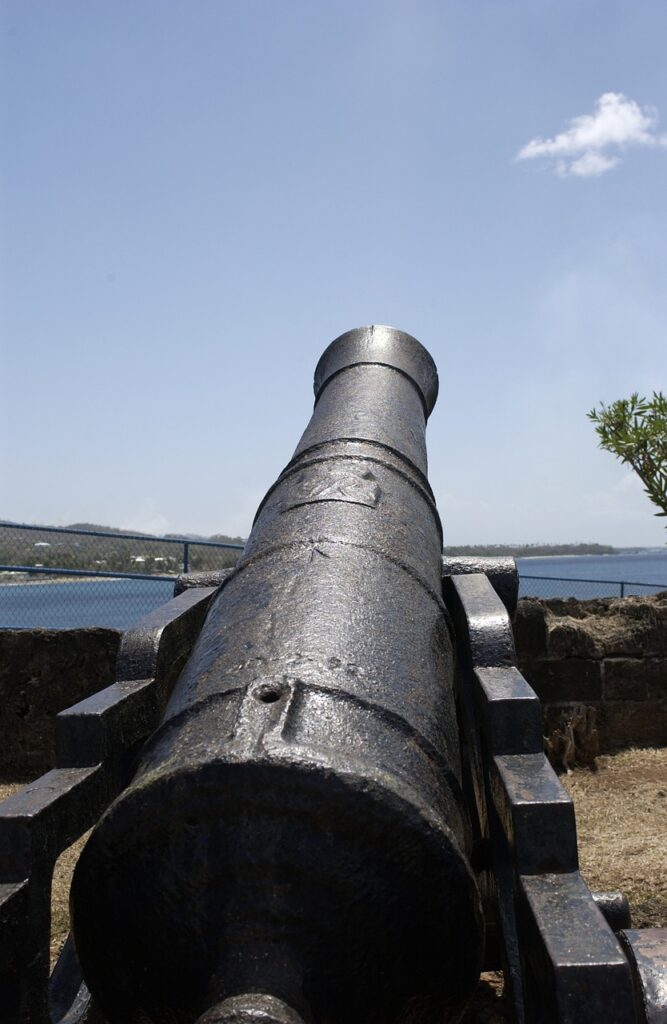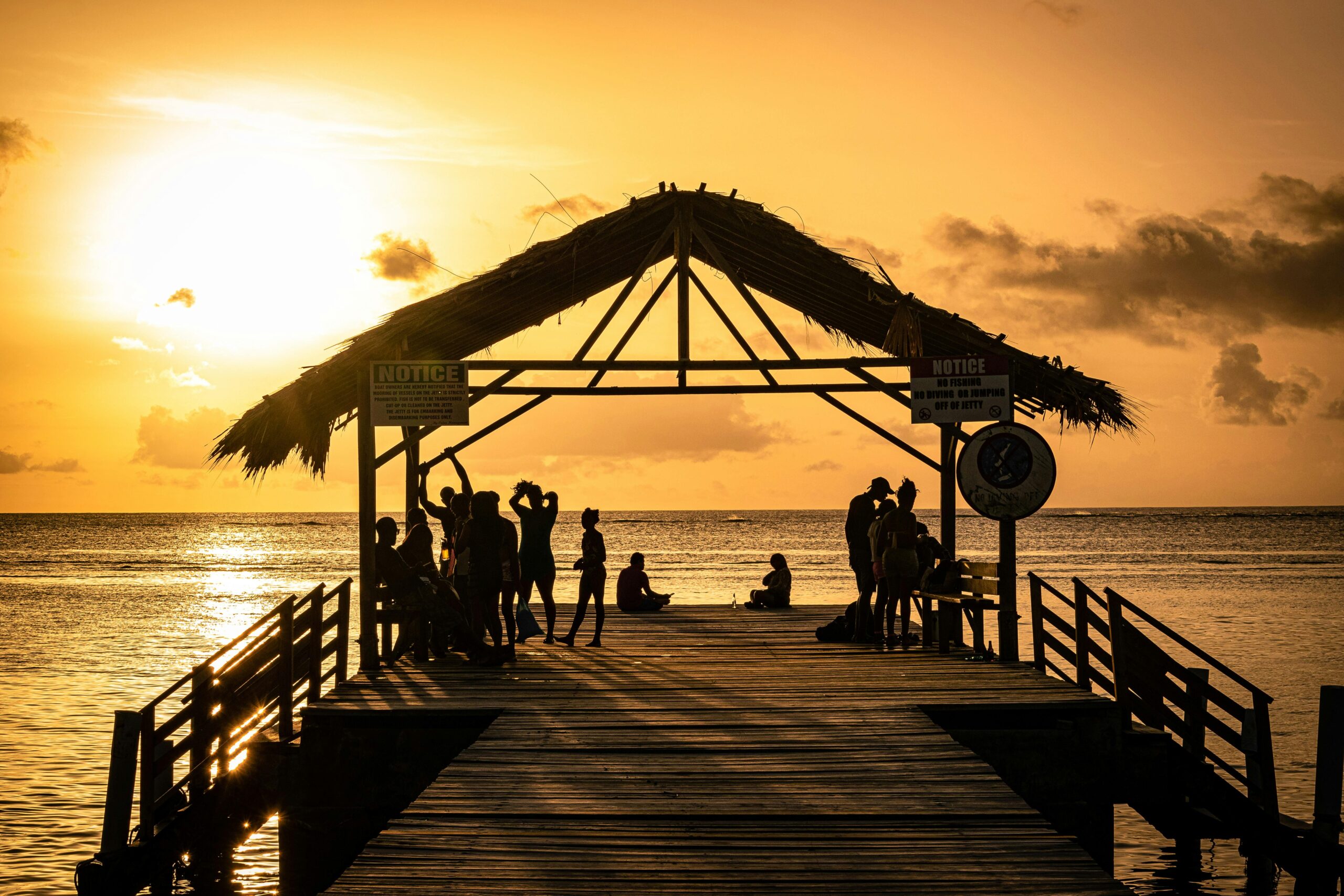In a dramatic move to counteract escalating gang violence, Trinidad and Tobago declared a nationwide state of emergency on December 30, 2024. This decisive action comes after a weekend of deadly violence, marked by the attempted assassination of a notorious gang leader and subsequent retaliatory killings that shook the nation. Here’s an in-depth look at the crisis, its root causes, and what lies ahead for this Caribbean nation.

The Crisis: A Nation Under Siege
Trinidad and Tobago, a nation of 1.4 million, has seen its worst year of violence, with a staggering 623 murders recorded in 2024. A significant portion—263 deaths—has been linked to gang activity. The latest surge in violence began with a gang leader being ambushed outside a police station, leading to the death of an associate. This was followed by a retaliatory spree that claimed five lives in a single night.
These incidents, emblematic of a broader crime wave, have forced the government to take extraordinary measures.
What the State of Emergency Entails
The declaration empowers law enforcement agencies with enhanced tools to tackle violence:
- Warrantless Searches: Security forces can conduct raids without prior approval, targeting areas prone to gang activity.
- Extended Detentions: Suspects can be held for up to 48 hours without charge, extendable to a week with judicial approval.
- Suspension of Bail: Key offenders can be detained for longer periods, ensuring they are not prematurely released.
Interestingly, despite these stringent measures, the government has opted not to impose curfews, allowing businesses and New Year’s celebrations to proceed as planned.

Root Causes of the Violence
Several factors contribute to the current crisis:
- Illegal Firearms: The island faces an influx of smuggled guns, including high-powered assault rifles, which fuel gang warfare.
- Drug Trafficking: Its proximity to Venezuela makes Trinidad and Tobago a key transshipment hub for narcotics, intensifying organized crime.
- Economic Inequality: Widespread unemployment and poverty create fertile ground for gang recruitment, particularly among disillusioned youth.
Public and Government Reactions
The declaration has sparked a range of responses:
- Supporters see it as a necessary step to restore order and protect communities.
- Critics argue that the move may be politically motivated, questioning its long-term effectiveness in addressing systemic issues.
Prime Minister Dr. Keith Rowley expressed deep frustration, describing the record-breaking murder toll as unacceptable and pledging to bring criminals to justice.
What Residents and Visitors Need to Know
Whether you’re a local or a tourist, here’s how to navigate the current situation:
- Stay Informed: Follow local news and official announcements.
- Exercise Vigilance: Avoid known high-risk areas, especially at night.
- Cooperate with Authorities: Comply with security measures during checkpoints and searches.

Frequently Asked Questions
1. What does a state of emergency mean for daily life?
Essential services continue as usual, but law enforcement has broader powers to detain and search individuals.
2. Are there travel restrictions?
No official restrictions, but travelers should exercise caution.
3. How long will this last?
Initially, it’s set for 15 days. Extensions require parliamentary approval.
4. What areas are most affected?
Violence is concentrated in certain districts near Port of Spain, the capital.
5. What’s being done to address the root causes?
The government has hinted at long-term reforms, though immediate efforts focus on containment and disarmament.
What Lies Ahead
As the government of Trinidad and Tobago doubles down on its fight against crime, the success of these measures will depend on their ability to balance security with human rights. Addressing systemic issues like economic disparity and the influx of illegal firearms will be critical for lasting peace.
This small yet resilient nation faces a defining moment—one that could either solidify its resolve or further test its limits.
Sources CNN


